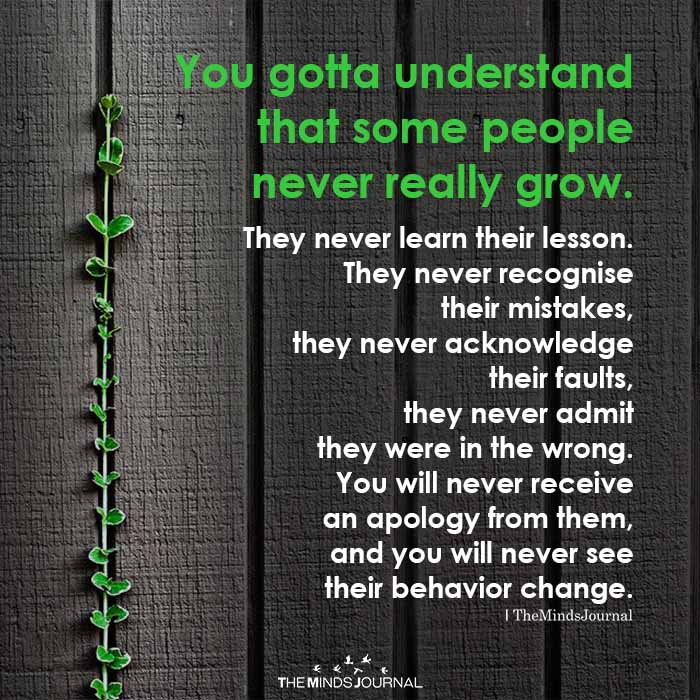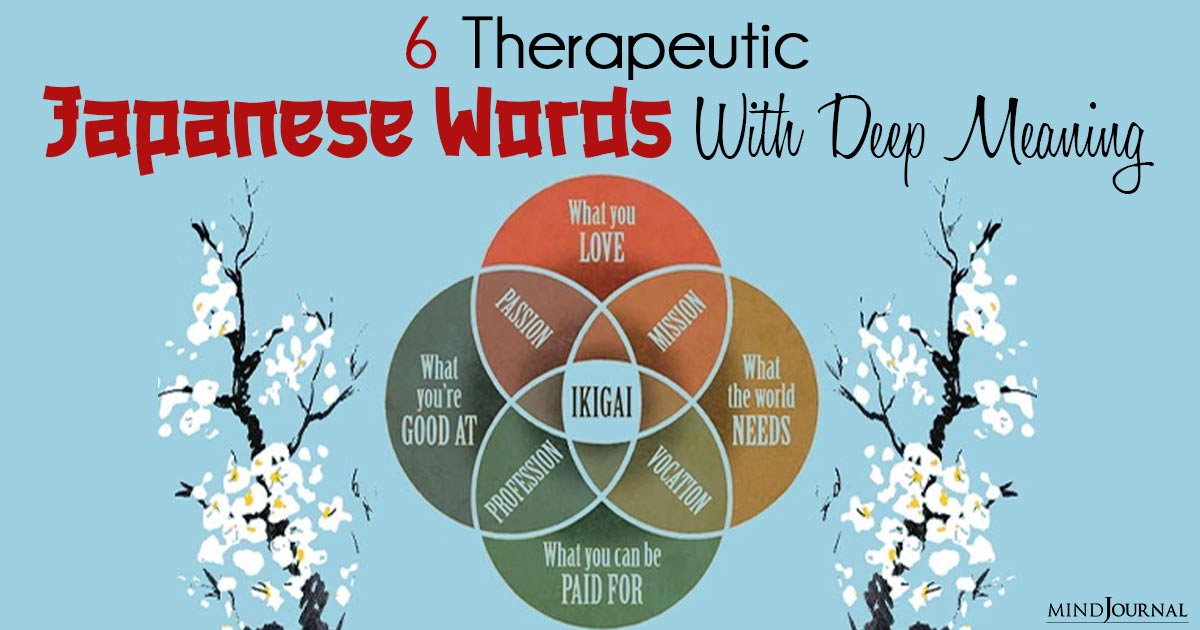We all seek happiness above all. Don’t you? Some believe happiness comes from money, while others believe it is a state of good health. But, homeless children are playing happily on the streets and patients are smiling when cancer is ready to engulf them. So, what makes a person happy? What do happy people do? This very question is at the heart of every unhappy person.
Here’s the list of 15 things happy people do differently
1. Love vs. Fear
While love is light, fear is darkness. Those who are really happy tend to respond to a crisis like leaving a marriage or emotional attacks with love. When it comes to meeting new people or seeking opportunities, happy people tend to be fearless. They love challenges and move forward to discover their indestructible and true self. In doing so, they enjoy the freedom of mind, the biggest freedom of all.
2. Forgiveness vs. Unforgiveness
“Not forgiving is like drinking rat poison and then waiting for the rat to die.” ~ Anne Lamott
Really happy people understand that holding grudges and anger will force them to lament and rant, and eventually drained out. They choose to forgive and forget, which gives them positive energy and prevents stress, anxiety, and depression seeping into their mind. If you can’t let it go, there is no need to ask – “Why am I unhappy?”
Want to know more about healing and forgiveness? Listen to experiences of Dolph Lundgren
3. Acceptance vs. Resistance
Happy people do not resist when they experience unfavorable circumstances. Instead, they embrace the change, because they accept that life cannot always be fair. They believe that whatever happens in life is for a reason, so they don’t fight it and remain at peace.
When something unpleasant happens to them, they ask themselves questions like: What and how can I control this? How can I change it for the better? And then they figure out positive outcomes, rather than obsessing over losses. Seeing the glass half full, in every condition is their mantra.
Finding hard to accept discomfort? Read 16 Uncomfortable Feelings That You Must Face To Make Your Life Better
4. Meaning vs. Ambition
They don’t indulge in the rat race, because they prefer purpose over-ambition. A purpose helps you unfold the rich meaning of life. They understand that “Doing what you love is the cornerstone of having abundance in your life” as Wayne Dyer says.
Unlike people who only focus on success, happy souls seek meaning and eventually get success. Because they do what they love and always pursue their heart‘s desires. They want to make their life beautiful and of those around them. Thus, money cannot drive them.
5. Trust vs. Doubt
People who are happy from inside are not aware of self-doubt. They take action, small steps each time and keep going. They trust themselves and the people around them. Even when malicious things happen to them, they get over it, to flourish to their full potential.
Whether talking to a clerk or a billion-dollar entrepreneur, they interact with people in a way that leaves a positive impression. Happy people believe that doubt will prevent them from making attempts and see the opportunities. They don’t suspect people’s motives and treat everyone with love, dignity, and respect, keeping aside caste, gender, color, age, and creed.
6. Praising vs. Criticizing
People in the happiest state seem to follow Carl Jung’s theory of resistance – “What you resist not only persists but will grow in size.” They praise the behavior that they want to reinforce rather than criticizing the absence of that behavior.
When a student accomplishes a tough math problem, parents make sure they admire and praise the child and not focus on unsuccessful attempts to solve a question. That is exactly how they reinforce the growth mindset in children and the ability to tackle challenges. Such praise can motivate young learners to do what is needed to be successful.
7. Challenges vs. Problems
They see problems as challenges and are optimistic about outcomes. With the aim to create a future that is better than the past and in this process, they explore new ways to solve a problem. They do not hesitate to seek help from mentors, express gratitude to people and identify limitless opportunities that exist, which may allow them to expand and grow.
Life is full of challenges and if you want to become stronger then here are 15 Ways To Rebuild Your Life When You’re Broken Inside
8. Abundance vs. Lack/ Poverty
People who are happy know how to come out of their comfort zone, take risks and remain positive even after failure. They believe that there is always more to everything in life whether it is a relationship, business, job, or anything. Therefore, they admit mistakes, never blame or act like a victim. This attitude of mind helps them to achieve abundance in all areas of life.

9. Selflessness vs. Selfishness
They act in a manner that can bring good to them as well others, making sure happiness and peace spreads in society. Selfless people bring meaning and empowerment to the lives of many by sharing ideas, knowledge, and best of themselves.
“Life isn’t about getting and having, it’s about giving and being.” ~ Kevin Kruse
Selfishness is the root of all the conflicts and crises in the world. It gives rise to greed, anger, envy, possessiveness, worry, stress and finally unhappiness. When you are selfless, you have nothing to lose. That’s what people do to be happy!
10. Dreaming Big vs. Being Realistic
Happy people dream big and move ahead fearlessly without caring much about being realistic. They listen to their heart and intuition and put their desires and dreams out into the universe. Aware of what they want, these people do not set unrealistic standards and make the world proud of their greatest accomplishments.
Having trouble listening to intuition? Read Why You Should Understand and Trust Your Intuition
11. Kindness vs. Cruelty
They know the art of self-love and are kind to themselves and others. Being generous boosts mood and happiness levels. Having mastered self-forgiveness and self-acceptance, they are not prone to rumination.
According to a study published in the Journal of Health Psychology, these traits have strong interconnections with psychological wellness. People who can forgive themselves tend to have good mental health despite high-stress levels.
12. Gratitude vs. Ingratitude
No matter what happens, they are grateful for what they have and receive in life. Dr. Martin E. P. Seligman, the leading researcher in psychology, investigated the impact of writing letters of gratitude as part of an assignment.
This positive psychology intervention helped the participants to thank all the people they know for their kindness, which increased happiness scores immediately. Similar research on this subject showed a positive association between gratitude and mental wellbeing because gratitude makes one feel good about their lives. Be grateful, be happy!
13. Presence/ Engagement vs. Disengagement
They neither regret the past nor fear the future, but live in the present and enjoy to the fullest while planning for their big dreams. These people are spontaneous and invest energy into what interests them, therefore expanding horizons and opening minds to the world.
“Remember then: there is only one time that is important – Now! It is the most important time because it is the only time when we have any power.” ~ Leo Tolstoy
14. Positivity vs. Negativity
They are inclined towards positivity irrespective of all the mishappenings in life, which makes them more creative and helpful. Such an attitude helps them choose beauty over ugliness, opportunities over struggles, abundance over scarcity and gratitude over ingratitude. This positive attitude irritates a lot of “realistic” and negative people.
It’s not that happy people never experience grief or anger. They do not just let it overtake their life. To know more read 21 Habits of Happy People
15. Taking Responsibility vs. Blaming
They do not participate in the blame game but take full responsibility for their actions and consequences. Happy people understand that by blaming some external factors for your loss, you are giving all your power away. These people choose to keep their power! Taking ownership gives peace and joy while blaming fosters anger, helplessness, self-victimization and ultimately unhappiness.
Happiness vs sad.
What do you choose? Why do you think being sad is easier than being happy? How can you be happier every day? Comment and share your thoughts!









Leave a Reply
You must be logged in to post a comment.